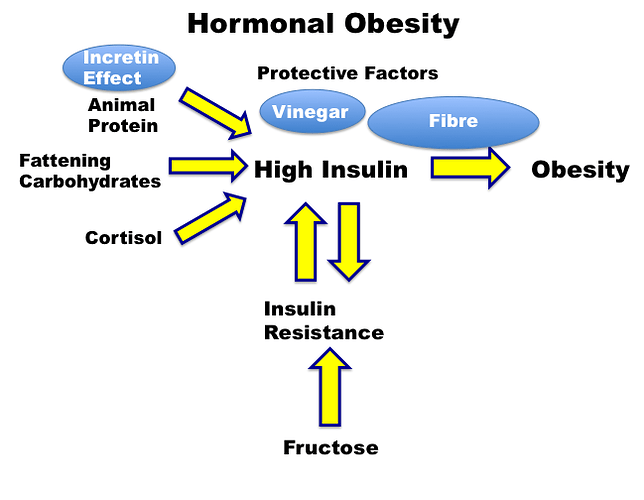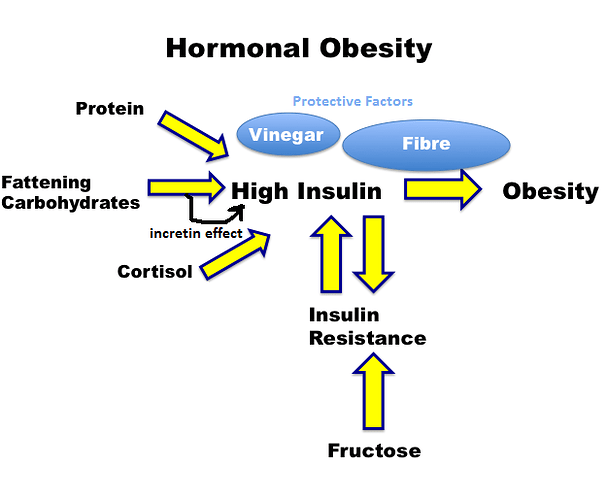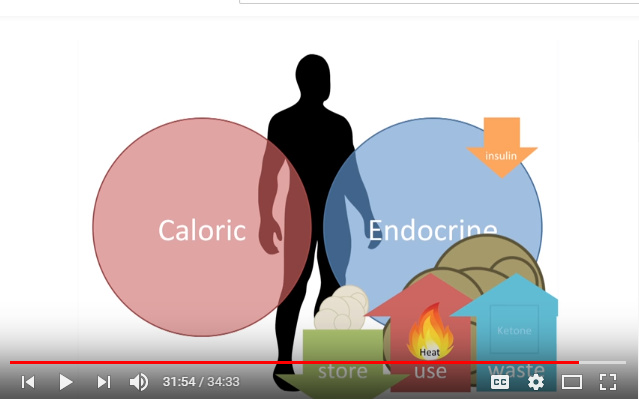At the heart of Dr. Fung’s argument is the fact that calories from different sources have different metabolic consequences. The classic, long standing assertion that it is simple CICO, that a calorie is a calorie is clearly false. CICO is a gross oversimplification of the issue of obesity and weight loss.
Eating 100 kcal of glucose has a profoundly different impact on the body then eating 100 kcal of oleic acid.
However, to assert that calories don’t count is to ignore the reality that eating 10000 kcal of sugar also has a profoundly different impact on the body then eating 100 kcal of sugar. Calories do count and different levels of caloric intake of the same foods do make a difference.
If not … then everyone would be in ketosis without regard to the number of grams/calories of carbs we eat, but we all know this is not true.
Dr Fung’s assertion that calories don’t count doesn’t even come close to passing a basic, rational, scratch and sniff test. Calories do count, energy is part of the story but calories are not the entire story.
Anyone who is a bit confused by this, I would invite them to do a simple n=1 experiment. Get out the kitchen scale, measure out 1 g of sugar, about 4 kcal, and consume it. Then test your blood glucose level over the next two hours every thirty minutes and record the results. After that, measure out 250 g of sugar, about 1000 kcal, and choke that down. Test and record your blood glucose levels as above.
If calories don’t matter, then the results of both trials will be identical.
If that is not convincing, do the same thing eight times a day for a year and come back and tell us that you did not put on any fat.
I know that this is a reduction ad absurdum, but then the assertion that calories don’t count is absurd.
Keto for Life!
Richard





